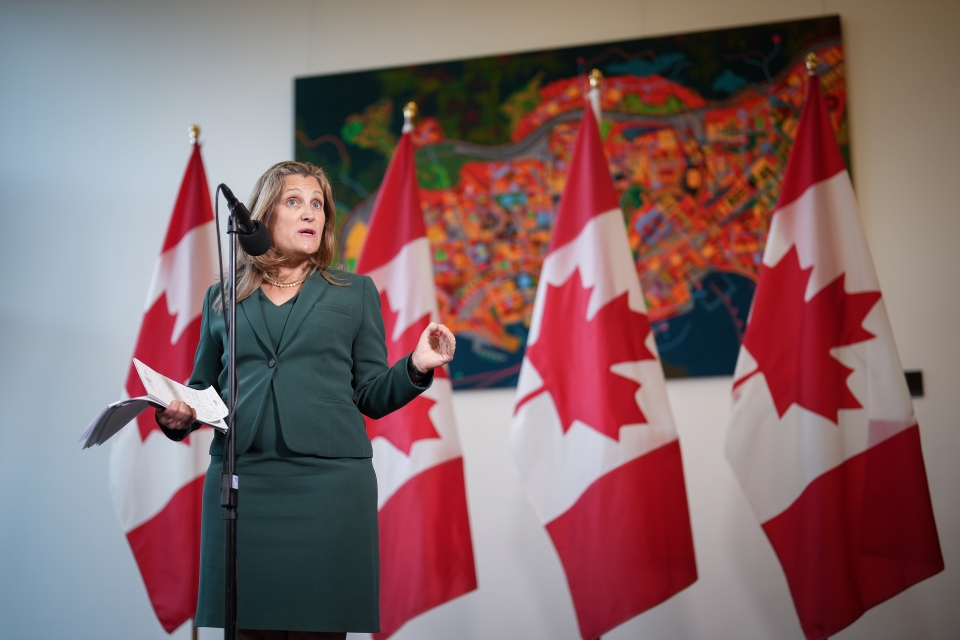Another labour dispute could be hitting Saskatchewan.
On Monday morning, the Saskatchewan Teachers Federation released results showing 90.2 per cent of their members voting in favour of sanctions. The STF, which represents around 13,500 teachers in the province, says they had a voter turnout of 96.6 per cent.
“Saskatchewan teachers have demonstrated their collective resolve and commitment to ensure students have access to the supports they need,” said Patrick Maze, president of the Saskatchewan Teachers’ Federation, in a media release.
“Chronic under-funding has created a crisis in Saskatchewan schools that can’t go on any longer.”
The result means the Teachers’ Bargaining Committee can go ahead with sanctions, but it is not bound to and the sides may return to the bargaining table at any time.
It also means the committee will determine the type, timing and location of all sanctions as they aim to find an agreement that works for teachers and addresses students’ needs.
“There is nothing preventing this issue from being negotiated other than lack of political will,” said Maze. “If government is taking these issues as seriously as it claims, there is no reasonable argument against including solutions in a collective bargaining agreement that holds government accountable.”
The STF is set to meet with education minister Gord Wyant and the Saskatchewan School Boards Association on Tuesday.
The Conciliation Board recommended the groups meet within the next four weeks to “discuss steps that can be implemented immediately to support students and teachers in the classroom.”
Strong message sent to government
NDP education critic Carla Beck feels teachers in the province have delivered a strong message to the minister regarding their concerns with class size and composition.
Following the STF’s release of the vote results on Monday, Beck said the 90 per cent vote in favour of sanctions also shows teachers don’t have any confidence in education minister Gord Wyant’s ability or willingness to address those concerns.
She said there’s a potential that job action could lead to a strike here in Saskatchewan.
“Certainly hearing there is a great deal of concern from students and parents about the possibility to disrupt classroom learning,” stated Beck. “I think it’s really imperative that the minister finds a way to listen to teachers and talk with them.”
Beck mentioned that her conversations with teachers on the topic indicate there is a glaring consistency, showing that it’s an issue for educators throughout the province.
She said the ball is now in Wyant’s court to show leadership and avert further actions.
“I hope the minister shows a willingness to really listen and try to understand what the concerns are that the teachers have brought to the table, and show a willingness to actually address some of those issues,” explained Beck.
“No one wants a strike. That is very clear.”
The Saskatchewan NDP says they are committed to hiring enough teachers and educational assistants so that no kindergarten to grade 3 classroom in Saskatchewan will have more than 24 kids.
(With files from Mitchell Blair and Moises Canales)








